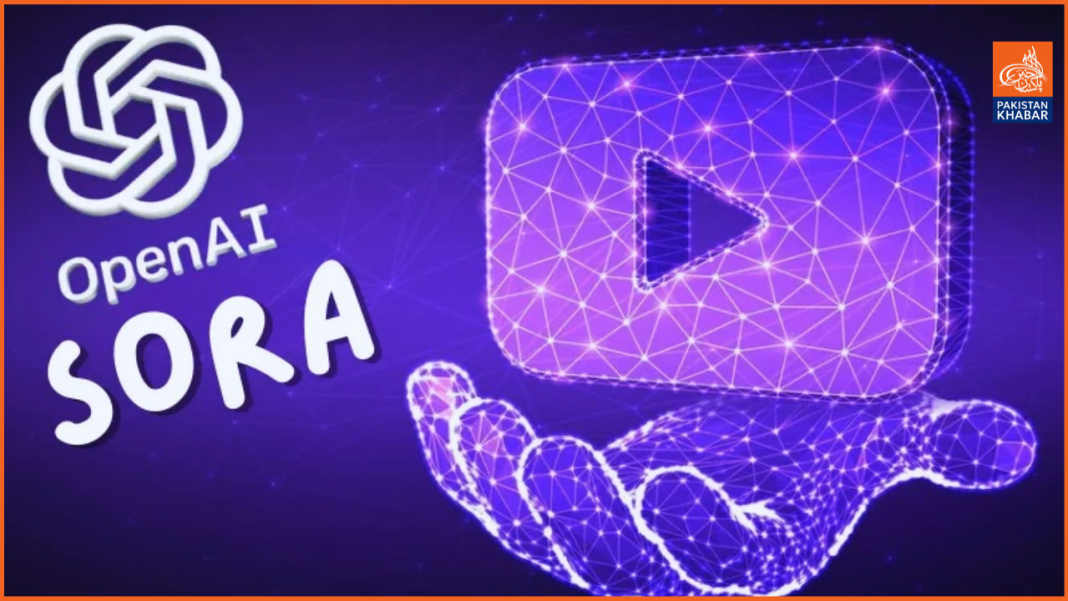OpenAI has officially launched its highly anticipated text-to-video model, Sora, as part of its 12-day “Ship-mas” product release series. This cutting-edge model, now available at Sora.com, is accessible to ChatGPT subscribers in the U.S. and many other countries. Sora allows users to create videos directly from text prompts, marking a major advancement in AI-driven content generation.
In addition to the core Sora model, OpenAI has introduced Sora Turbo, which offers a range of enhanced features, such as the ability to animate still images, remix videos, and create videos from text. To access these advanced features, users must have a ChatGPT subscription. ChatGPT Plus subscribers, at $20 per month, can generate up to 50 priority videos (1,000 credits) at 720p resolution and up to five seconds in length. For $200 per month, ChatGPT Pro subscribers receive unlimited video generations, 500 priority videos, higher resolution (up to 1080p), longer video durations (up to 20 seconds), and additional perks like watermark-free downloads and the ability to perform multiple generations simultaneously.
OpenAI’s livestream event showcased some of Sora’s standout features, including an explore page where users can browse AI-generated videos and a storyboard tool that enables video creation from a sequence of text prompts. Other features include the ability to animate still images and a remix tool for refining videos through text-based instructions.
To ensure ethical use, OpenAI has implemented moderation measures that prevent the upload of explicit, violent, or copyrighted content, as well as material featuring individuals under the age of 18. Sora-generated videos will also be watermarked and include metadata to indicate AI involvement.
While Sora is available in many regions, OpenAI CEO Sam Altman noted that its release in Europe and the UK may take longer. However, users without a ChatGPT subscription will still have access to the explore page to view community-created content.
Despite its excitement, the release has been met with controversy. A group of artists, who had allegedly participated in OpenAI’s alpha testing, accused the company of using their work without compensation. These artists have claimed that OpenAI exploited them for unpaid research and promotion efforts during the development of the model.




